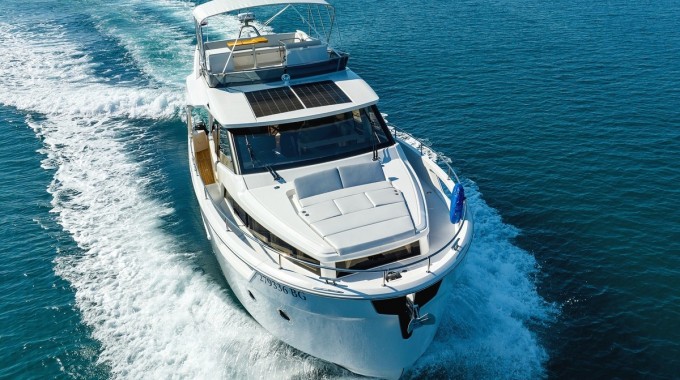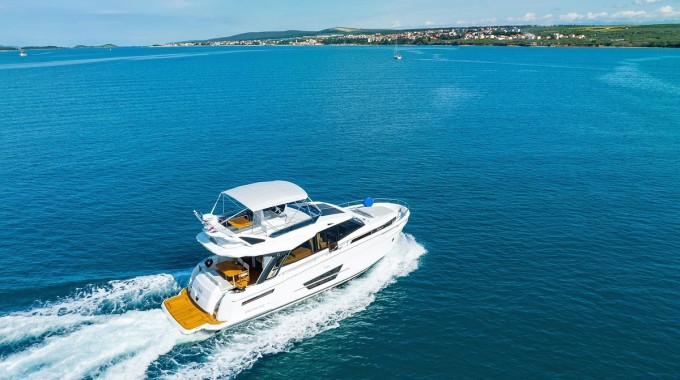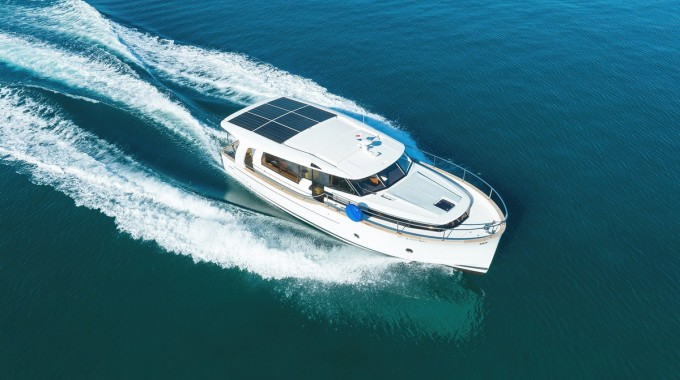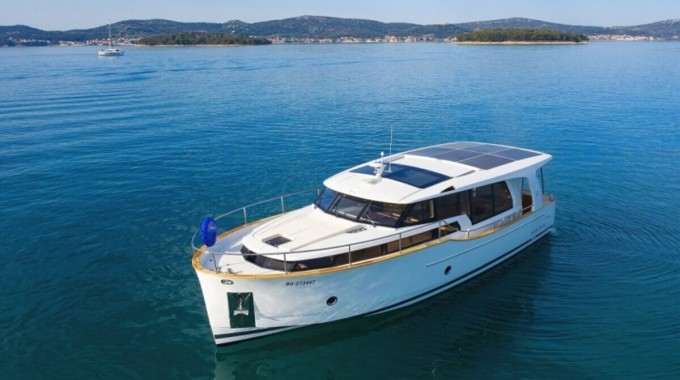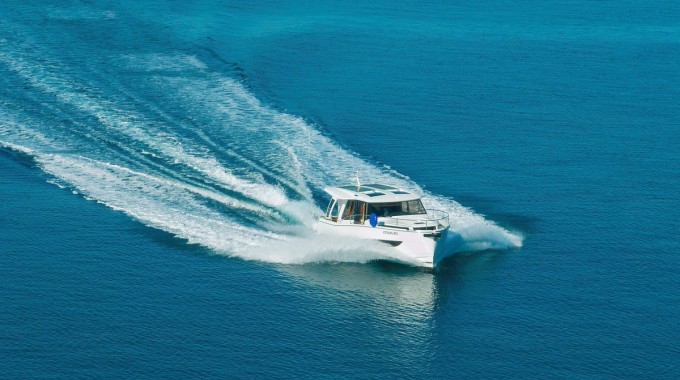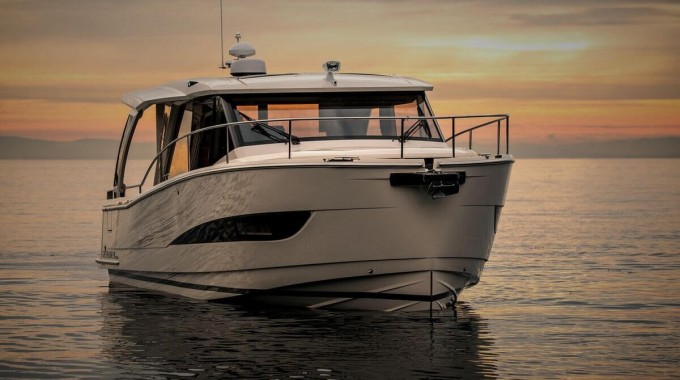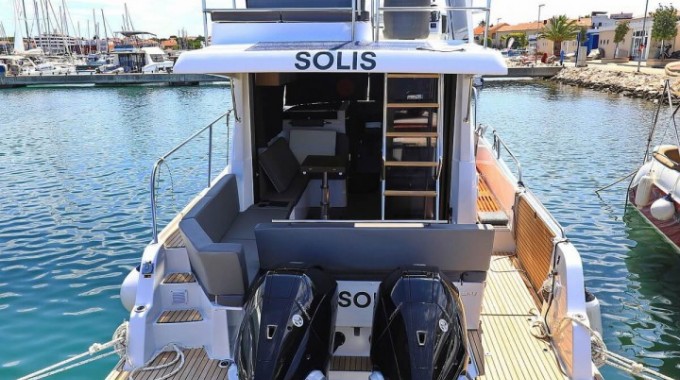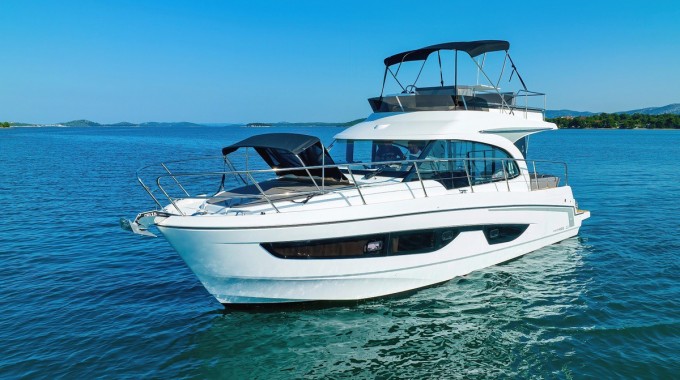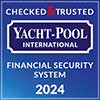Boat equipment – what you really should have on board
22.05.2017
Every boat or yacht must meet certain basic safety standards. The correct and reliable engine, the vessel’s hull in good condition and without leakage, the steering gear and all other equipment have to be functionally correct, it must be without any problem to perform the function it is intended for, and this is the basic safety conditions of each boat, regardless of its size and purpose. Because everything works, while the sea is calm or just a bit wavy, and the crew is experienced and reliable. However, if any of the listed items are changed, there are always problems that can lead to a break, both ship and the crew. That's why the legislator has prescribed what equipment you need to have on board, to minimise the damage of a disastrous situation. This equipment really can save your life in some cases.
However, with the required equipment that each boat must have, there is still some equipment legally not prescribed, but it also helps with sailing and avoiding some unwanted situations.
Here is some equipment that in our opinion is not just a ‘make-up’ on the boat, but is very useful in some cases.
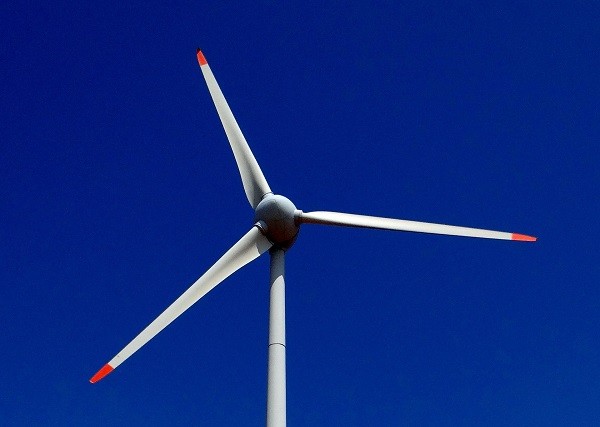
Wind generators - While cruising, you don't like to have to run your engine so much just to keep your batteries charged? Then you should get a wind generator. Even it depends on where you cruise, or more accurately on the weather where you cruise. As wind generators need plenty of wind the most important decision when considering a wind generator for boats is determining whether or not there is generally enough wind to generate the power to satisfy your needs.
The marine wind generator remains one of the most effective methods of charging your batteries while you’re away from the grid. Wind turbines operate on a simple principle. The energy in the wind turns two or three propeller-like blades around a rotor. The rotor is connected to the main shaft, which spins a generator to create electricity. Three-bladed rotors have become increasingly popular. Although early models were quite noisy, smart CAD-designed blades have considerably reduced the thrumming and whistling sounds by removing the turbulence around the blade tips.
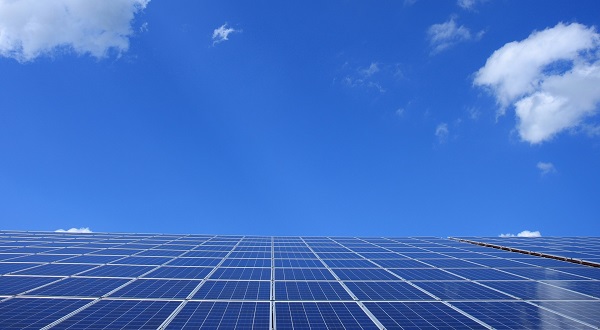
Solar panels - produce power only when the sun shines. The positives on solar panels are that solar panels require little maintenance, last 25 years or longer are completely safe. There is no noise factor to contend with and panels can stay out in practically any weather. Solar panels, including charge controller and mounting hardware, are generally less expensive than a wind generator. The negatives on solar panels are the effective charging time, space required, and problems with shadows on a sailboat. On average, solar panels are fully effective only 5 to 7 hours a day, depending on where you operate your boat. The available space to mount solar panels is quite limited on a sailboat. The most common ways to mount solar panels is above the bimini, on a stern rail, above dingy davits, on a pole mount, or on an arch.
Boat heater – it will keep the interior of your boat dry and warm, allowing you to extend the sailing season and take advantage of fine, late autumn or winter weather. It is also a must for anyone eyeing northern cruising area. These days, the top selling brands are based on a remote diesel burner that heats fresh air via a heat exchanger and uses a powerful fan to circulate that hot air around the boat through insulated ducting. This system has the advantage of running off the same tank as your main engine, using a fuel which is generally not considered dangerous to handle because it does not ignite easily. There is another option in the form of propane/butane heaters. They also blow hot air around the boat but run from the boat’s cooking gas supply. It’s up to you which one you will use.

Radar or AIS - The current overlap of radar and automatic identification system (AIS) technology leaves sailors some reasonable questions and doubts: Which is the better system in terms of initial cash outlay, amperage use and overall service in ensuring safety and security?
Radar is still regarded as the standard for dependable vessel tracking capability and collision avoidance, but radar uses significantly more amperage than the receive. On small coastal and cruising vessel, where every amp-hour of battery charge counts, power consumption can be a decisive factor in whether to install radar, AIS or both.
To sum up, the best collision-avoidance strategy depends on where you sail. If you intend to limit your trip to within 100 miles of shore radar makes plenty of sense. On the other hand, if you aim to undertake long ocean passages, spending most of your time on the open sea and closely watching your daily amperage use, then AIS is the better choice.
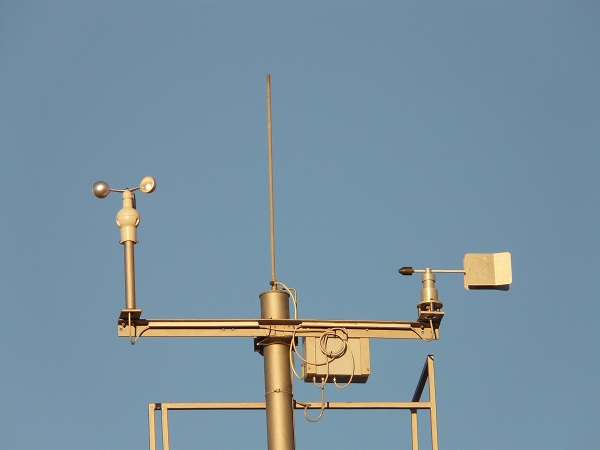
Weather instruments - provide reliable meteorological information for the yachtsman. There are a few basic conditions that every skipper will need to keep track of. These will include wind speed and direction, air temperature, humidity, and barometric pressure. There are a lot of high-quality weather instruments on the market, but can be very expensive and are not possible on many vessels due to space limitations. But there are some very reasonably priced options available that will meet the most basic needs.
Altogether, above listed are just some options of boat equipment, which are good to have but they are not necessary. You can always put more and more equipment, but you must know when to stop because you can get your boat full of equipment which you will never use. So, when choosing your equipment for the yacht be smart and reasonable, always take in consider characteristics of navigation area and keep in mind, SAFETY FIRST!
E-news
Sign up for our newsletter and be the first to know about latest offers.
Related boats (n = 107)
| First | Previous | 1 | 2 | 3 | 4 | 5 | Next | Last | All |

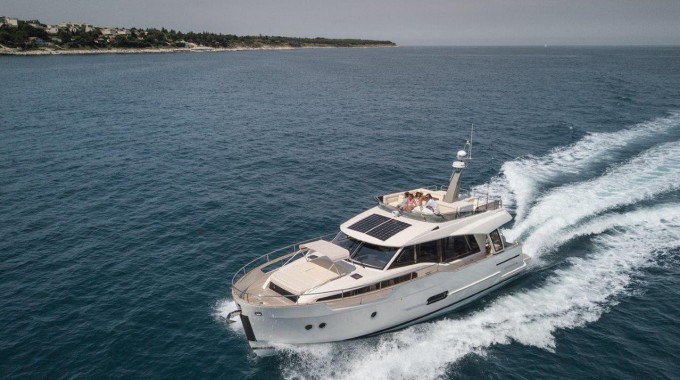
 390.00 €
390.00 €